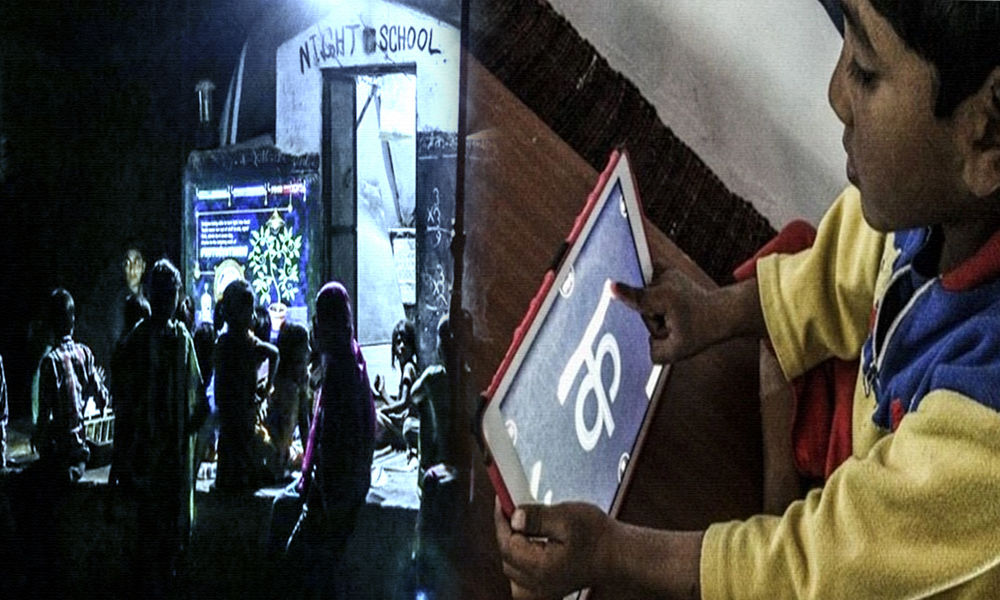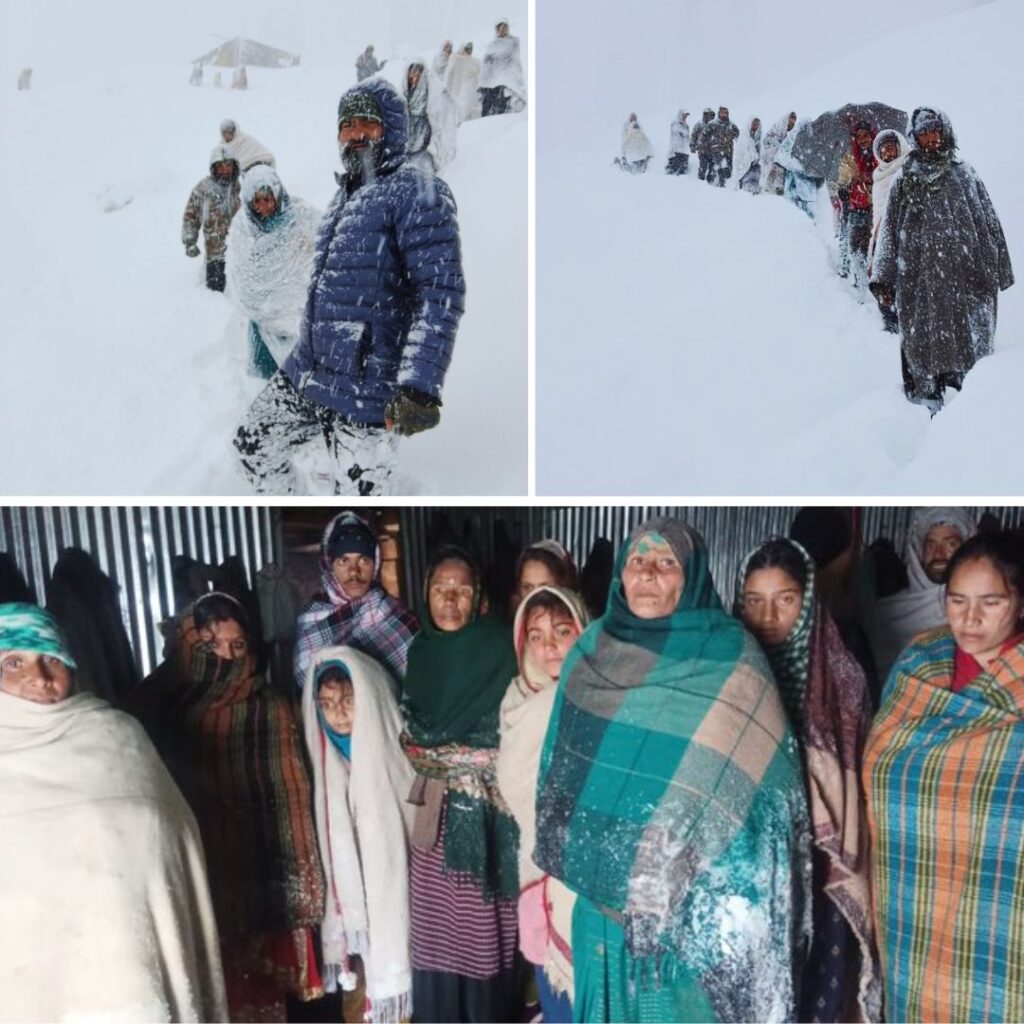Amid the COVID-19 pandemic, education has come to a standstill for many children across the country. In the case of night schools that provide education to children from underprivileged backgrounds, the present crisis has resulted in a steady decline in attendance since the lockdown was announced on March 23.
According to a report by The Indian Express, an internal survey by Masoom night schools, that teach nearly 8,000 students across 85 schools in Maharashtra and Gujarat, showed that nearly 40 per cent of its students have dropped out.
To curb the rate of dropouts of students, the night schools have adopted measures like delivering educational material on WhatsApp, psychological counselling and arranging jobs for these underprivileged students.
Nikita Ketkar, the founder of Masoom, told the media, ‘Many of them are jobless, facing a cash crunch and don’t see the opportunity of money coming in the near future. Most want to return but can’t keep education as a priority for now.’
She added that the dropout rate is high for class 8, stating that ‘Class 8 is a fluid population which believes they have time and therefore, there is a large drop out.’
While Masoom provides online classes in schools mainly located in urban centres were internet connectivity is not a hurdle, one of the main challenges it faces is to keep the children motivated. Ketkar said that Masoom also has the additional responsibility of providing psychological counselling to the students who are facing issues such as unemployment and domestic violence.
‘We are also trying to provide ration and jobs to alumni,’ Ketkar added.
27-year-old Trupti Anant Mosamkar, an alumnus of the school, who recently started working as a health worker at a hospital in Mumbai, said, ‘Due to the financial crunch, I could not complete class 10. So, I enrolled in the night school. During day time, I used to do various odd jobs like making agarbattis etc and in the evening, I focused on completing my secondary education. I did a six-month course in dental assistance after passing class 10.’
In these trying times, it is her job that helps her sustain, when even her male family members are unemployed.
Meanwhile, with education moving online due to the pandemic, several underprivileged families are struggling to facilitate online classes for their children due to lack of smartphones and laptops.
A survey conducted by Local Circle found that nearly 48 per cent parents of underprivileged students do not have requisite hardware to support online education.
Barefoot College, that runs 50 schools across India and caters to students from tribal and remote areas, is also facing drop out issues, as only 15-20 per cent students in rural areas have smartphones.
‘We realised the lockdown might extend and learning should not stop. Therefore, we decided to avoid teaching new subjects and focused on revision,’ Shuvajit Payne, head of education vertical of the college, told the media.
In order to maximise potential through available resources, the college devised several strategies. While students with access to the internet were given content over WhatsApp, for those who have no access to technology, teachers prepared worksheets and delivered them to the children’s homes every fortnight.
The teachers also developed audio-based activities that were disseminated using IVR technology for the students. Switching to an e-learning model from the traditional blackboard teaching method was also a challenge for the teachers.
‘We took one-and-a-half-month during the lockdown to train them about virtual teaching and pandemic precautions,’ Payne said.
‘Even in the most remote areas, children should have the right to gain knowledge and thrive- today, tomorrow and after the effects of lockdown,’ the college said in a statement.
Along with food security and medical provisions, the college focused to keep learning accessible in marginalized communities, where their Shikshaniketan School and Digital Night Schools are present.
‘Since mid-April, we have begun activities in all of our school locations based on the feedback given by the communities themselves. Student’s parents have been responding very positively so far, sharing their own insight for a rural home context,’ the college said.
‘Utilizing two specially catered programs, we have been keeping the learning in the hands of every child, regardless of their household financial situation,’ it added.
Of the 330 students of Shikshaniketan School, Barefoot College, residing in 152 households, 41 families cannot afford smartphones. For families like this, the college has started an initiative to provide each of the households with a smartphone with a full 4G network, so that the students can access online classes.
Furthermore, they are engaging the teachers to create audio clips for learning dissemination over voice messaging systems in those areas where keypad phones are more common and cellular service is limited.
‘These lessons will be accessible in toll-free IVR and are …










